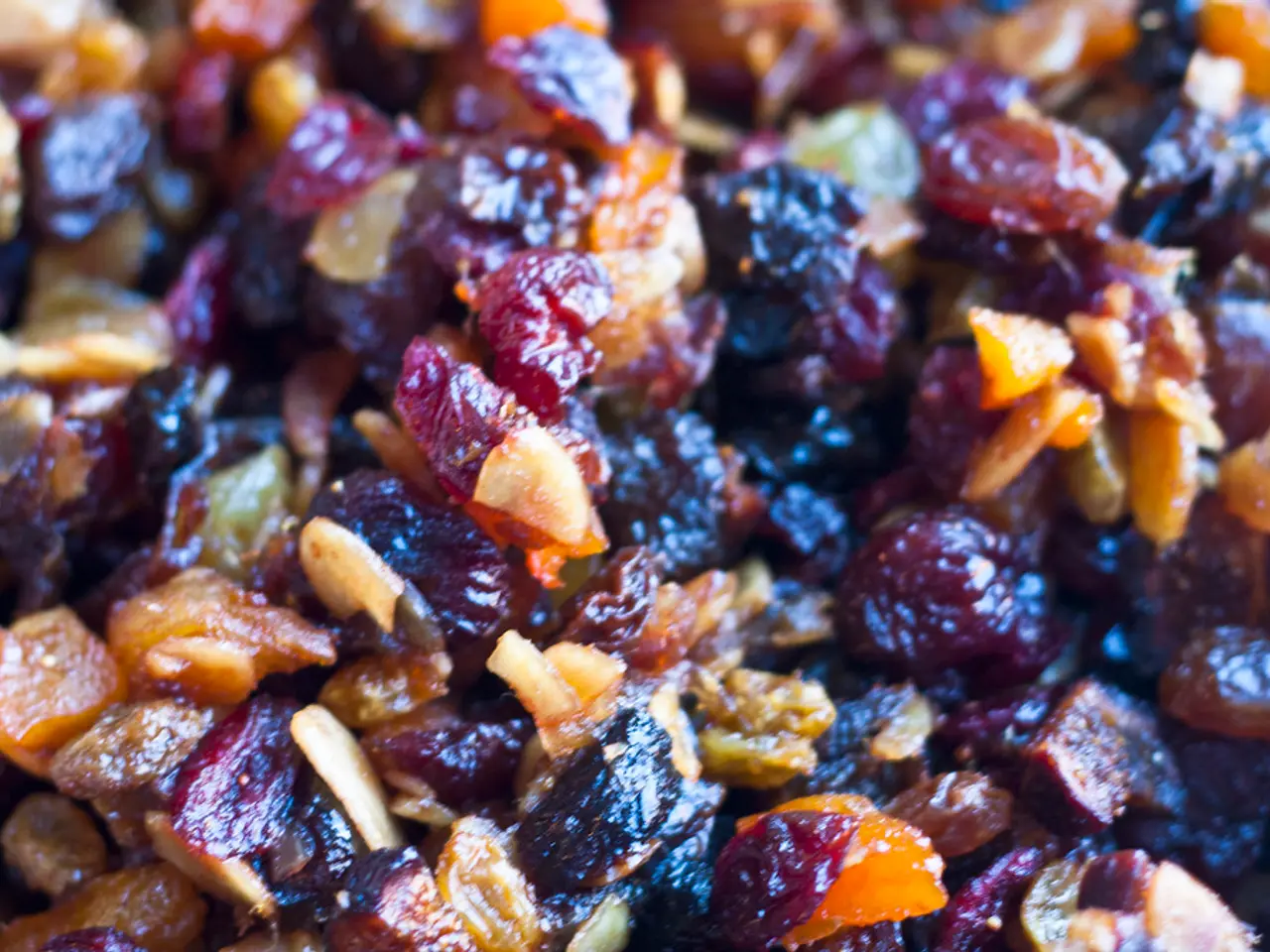7 Simple Tests to Spot Fake Paneer Before It's Too Late
Consumers are warned about the growing issue of fake or adulterated paneer in the market, which can pose serious health risks. Seven simple home tests can help determine the purity of paneer before consumption.
Paneer, a staple in Indian kitchens, is soft, white, and made from milk, providing protein, calcium, and healthy fats. However, concerns arise from its potential adulteration using low-quality or synthetic milk and harmful chemicals. Consuming such paneer can lead to food poisoning, stomach ache, vomiting, loose motions, weakness, fatigue, and long-term effects on the liver, kidney, and digestive system.
Buying precautions include purchasing from trusted and hygienic sources, checking for FSSAI license numbers, and avoiding paneer that looks too white, shiny, or dry. Seven simple home tests can help identify real and pure paneer: boiling test, smell test, taste test, starch test, finger rub test, lemon juice test, and microwave test.
The research and development of methods to detect adulterated paneer products involve various actors from science, industry, and state organizations. This collaborative effort aims to ensure safe, authentic, and high-quality milk products for consumers.




